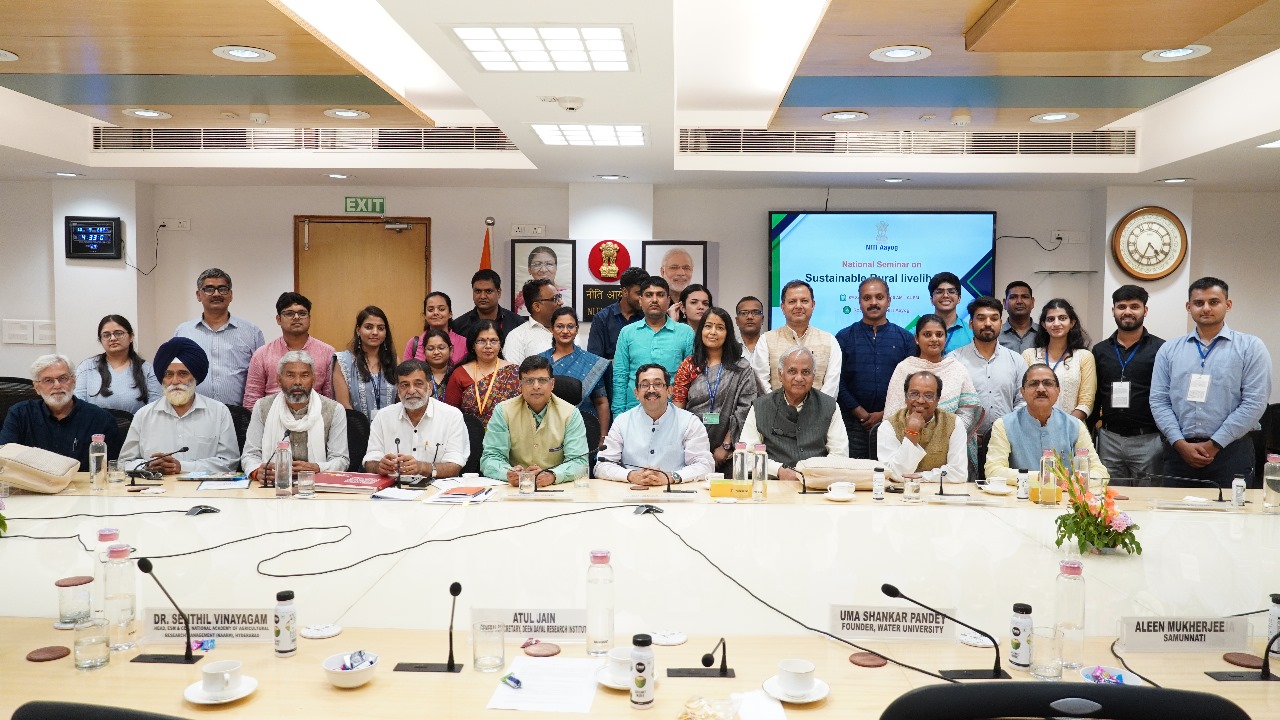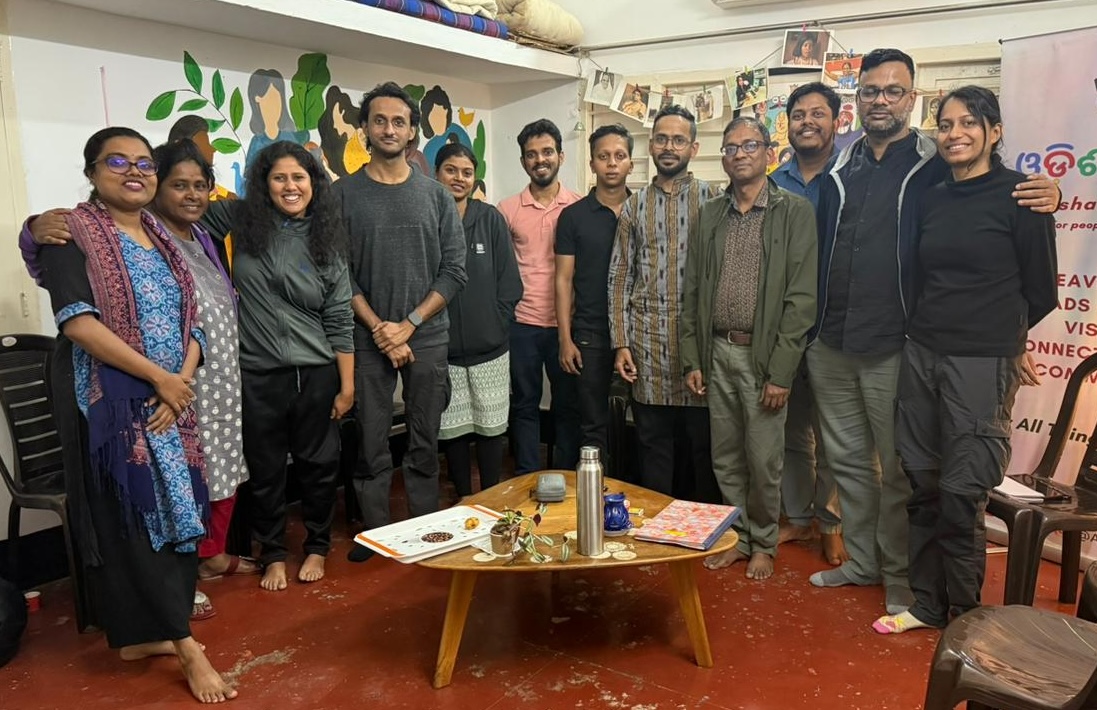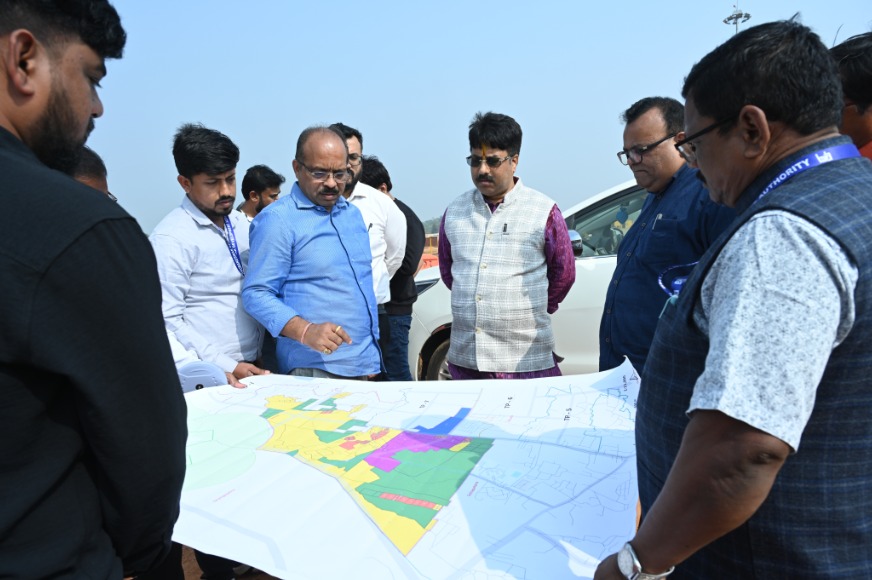New Delhi: NITI Aayog, India’s premier policy think tank, hosted a National Seminar on ‘Sustainable Rural Livelihoods’ aimed at addressing critical challenges in rural development and exploring solutions for enhancing rural economies. The seminar, chaired by Prof. Ramesh Chand, Member, NITI Aayog, brought together experts from diverse fields, including thought leaders, policymakers, academicians, and community innovators, to foster dynamic discussions on rural livelihoods, market linkages, resilient agriculture, and water security.
In his keynote address, Prof. Ramesh Chand emphasized the indispensable role of agriculture in fostering sustainable livelihoods. He urged stakeholders to adopt a holistic and inclusive approach to rural development, transcending the traditional urban-rural divide. “India’s future growth hinges on the concept of SMART Villages, which require innovative strategies to build inclusive, self-reliant rural economies,” he stated.
The event featured contributions from representatives of the Ministry of Rural Development, Kalinga Institute of Social Sciences, and the Research and Information System for Developing Countries (RIS). Discussions focused on enhancing market linkages, rural value chains, and investments while also promoting financial inclusion and entrepreneurship in rural areas.
One of the key takeaways from the seminar was the recognition of the rural economy’s potential to significantly contribute to India’s GDP in the coming years. Participants discussed the importance of empowering rural communities, connecting local producers with larger markets, and boosting rural infrastructure. The role of Gram Panchayats, women-led institutions, and civil society was also highlighted as essential drivers of decentralization and community-driven initiatives.
The second session delved into the challenges posed by climate change and the vulnerabilities faced by rural communities. Experts from institutions like NAARM, ICAR, CWC, and IWMI presented innovative models in agriculture and rural entrepreneurship that can enhance resilience and improve livelihoods in India’s rural landscape. There was a strong call for a comprehensive groundwater law to address water security concerns and strengthen the rural economy.





